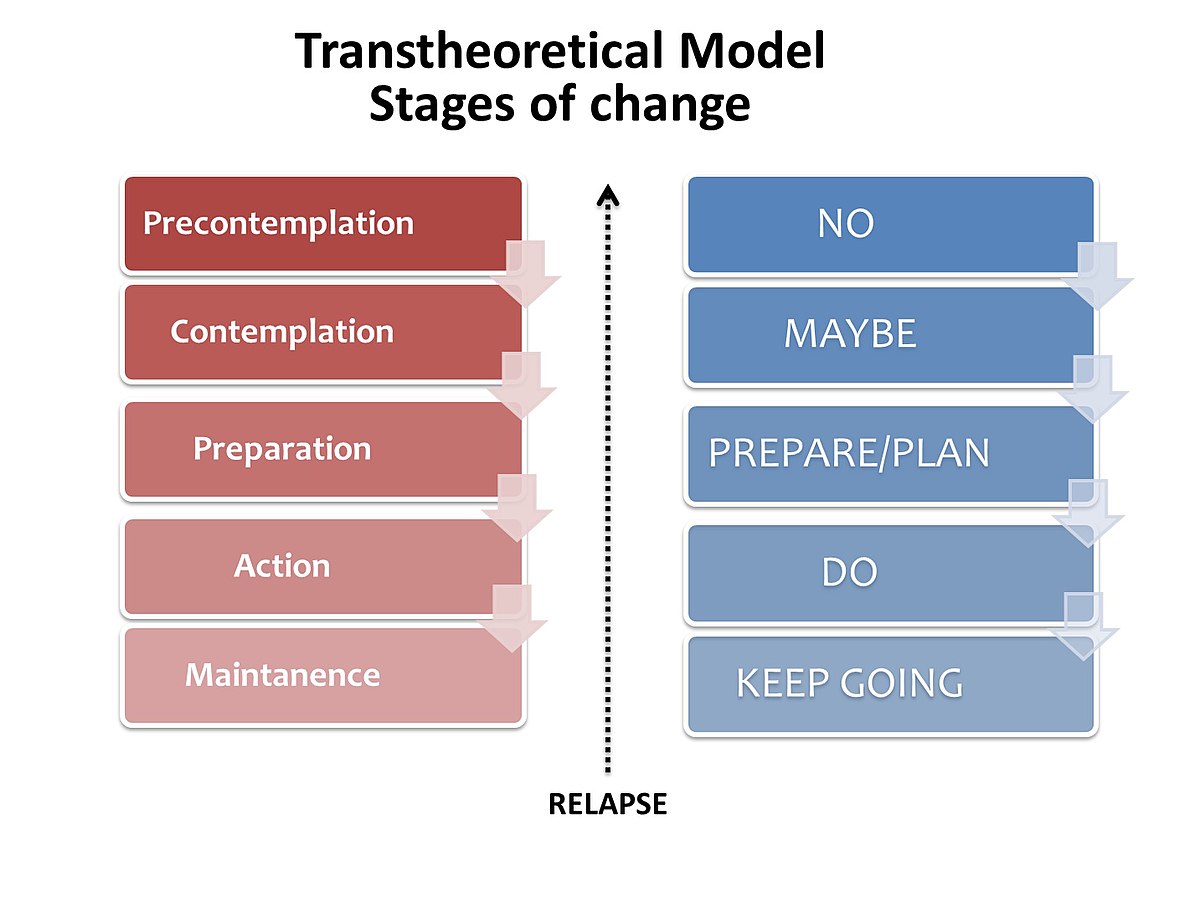In social situations that involve receiving pity invites, it can be challenging to respond gracefully without compromising your dignity. This article explores ten strategies to help you craft tactful and composed replies that navigate the realm of empathy and understanding.
The Essence of Pity Invitations
1. When responding to pity invitations, it’s crucial to maintain your self-esteem and not let guilt or doubt cloud your judgment.
2. Consider your own feelings and experiences before deciding how to reply.
3. Remember that you have the right to decline an invitation without feeling obligated to accept due to pity.
4. Craft a thoughtful and graceful response that expresses your gratitude for the invitation, while politely declining.
5. Be clear and concise in your message, stating your reasons for declining without going into unnecessary detail.
6. If you feel comfortable, you can also express your desire to be included in future events that are not rooted in pity.
7. Don’t let societal pressure dictate your response; prioritize your own well-being and emotional health.
8. It’s essential to set boundaries and communicate your needs effectively when responding to pity invitations.
9. Remember that it’s okay to prioritize your own happiness and not feel obliged to attend events out of pity.
10. Ultimately, responding to pity invitations requires grace and assertiveness, ensuring that you protect your own emotional well-being while maintaining respectful communication.
Reasons Behind Pity Invitations
Pity invitations can be a result of various reasons, such as low self-esteem, guilt, or the desire to fit in. People may extend these invitations because they genuinely feel sorry for someone or want to offer support.
Recognizing a Pity Invite
Recognizing a Pity Invite is crucial to crafting a graceful reply. When receiving an invitation, it’s important to assess the intention behind it. Look for signals like feeling obligated or pressured, guilt, or doubt in the sender’s message. Consider the context and your past experiences with the person.
If you have valid reasons to suspect a pity invite, respond graciously yet assertively. Express appreciation for the invitation, but politely decline if you genuinely feel it’s insincere.
Gracefully Declining Unwanted Invitations
1. Politely decline the invitation with a heartfelt thank you for the thoughtfulness. Express your gratitude for being included but mention that you have prior commitments or conflicting plans.
2. Offer an alternative suggestion, such as recommending another person who may be interested in attending or proposing a different event that you would be able to attend.
3. Be honest but tactful in explaining your reasons for declining. If the event is not of interest to you or doesn’t align with your values, politely mention that it’s not something you would enjoy or feel comfortable attending.
4. If guilt or pressure is involved in the invitation, firmly assert your decision while acknowledging their kindness. Emphasize that you value your time and prefer to focus on activities that bring you joy and fulfillment.
5. Share a personal experience or story that supports your decision to decline the invitation. This can help the person understand your perspective and see that it’s not a personal rejection.
6. It’s okay to say no without giving a specific reason, but reassure the person that it’s not a reflection of their worth or the importance of the event. Explain that you have to prioritize your commitments and that saying no allows you to be more present and engaged in the activities you do choose.
7. Use humor to diffuse any potential tension. Lightly joke about your busy schedule or the impossibility of being in more than one place at a time. This can help maintain a positive and lighthearted tone during the conversation.
8. Acknowledge the person’s invitation and express your gratitude for being considered. Let them know that you genuinely appreciate their gesture, even if you are unable to accept.
9. If the invitation comes from someone close to you, consider having an open and honest conversation about your feelings and boundaries. Explain your reasons for declining and ensure that they understand your perspective.
10.
The Importance of Your Response

The way you respond to pity invites says a lot about you. It’s important to handle these situations with grace and tact. Remember, your response matters. Here are 10 strategies to help you navigate these invitations with confidence:
1. Express gratitude for the invitation, acknowledging the thought behind it.
2. Be honest about your limitations or reasons for declining, without feeling guilty.
3. Offer an alternative way to connect or support the person, if possible.
4. Stay positive and focus on the good things happening in your life.
5. Redirect the conversation to something more uplifting or mutual interests.
6. Set boundaries and be firm but kind in your response.
7. Use humor to lighten the situation and diffuse any tension.
8. Empathize with the person’s situation, but don’t let it sway your decision.
9. Reassure the person that you value their friendship or relationship.
10. Practice self-care and prioritize your well-being.
Responding with Maturity and Tact
When responding to pity invites, it’s important to approach the situation with maturity and tact. This means avoiding the temptation to lash out or respond defensively. Instead, focus on maintaining your composure and responding gracefully.
1. Choose your words carefully to convey kindness and understanding.
2. Express gratitude for the invitation while politely declining.
3. Empathize with the person’s intentions but explain your reasons for not attending.
4. Offer an alternative way to show support or connect with the person.
5. Set boundaries if necessary, explaining your need for personal space or time.
6. Redirect the conversation to more positive or neutral topics.
7. Focus on your own experiences and share how you’ve dealt with similar situations.
8. Acknowledge their concern without letting it guilt you into attending.
9. Remain calm and composed even if the person becomes defensive or upset.
10. End the conversation gracefully by expressing your well-wishes and thanking them for understanding.
Options for Accepting, Declining, or Keeping It Open-Ended

| Option | Description |
|---|---|
| 1. Accept | Politely accept the pity invite and attend the event or activity. |
| 2. Decline | Kindly decline the invitation, expressing gratitude for the thought but explaining why you are unable to attend. |
| 3. Suggest an alternative | Offer an alternative plan or activity that you would be more comfortable with, while still showing appreciation for the invitation. |
| 4. Keep it open-ended | Respond with a neutral or non-committal answer, leaving the possibility of attending open without making a firm commitment. |
| 5. Express prior commitments | Explain that you already have other plans or obligations that prevent you from accepting the invite, emphasizing your regret. |
| 6. Thank them for thinking of you | Show appreciation for being considered and express gratitude for the invitation, even if you are declining. |
| 7. Provide a reason | Give a valid reason for declining the invitation, such as scheduling conflicts, personal limitations, or other commitments. |
| 8. Be honest but tactful | If you feel comfortable, be honest about your feelings or concerns while still being polite and considerate. |
| 9. Politely decline with regret | Express regret for declining and assure the inviter that it is not a reflection of their invitation or the event itself. |
| 10. Keep it short and simple | A concise reply that appreciates the invitation but provides a simple decline without going into extensive explanations. |
Maintaining Poise in Awkward Situations
1. Acknowledge your feelings: It’s natural to feel a mix of emotions when faced with pity invites. Recognize any guilt or discomfort you may be experiencing.
2. Reflect on your experience: Remember that everyone has moments of awkwardness, and it’s not a reflection of your worth. Draw on past experiences where you handled similar situations with poise.
3. Choose your words wisely: Craft a graceful reply that shows appreciation for the invitation while politely declining. Use phrases like “Thank you so much for thinking of me, but I won’t be able to attend.” Keep it simple and sincere.
4. Offer an alternative: If you genuinely want to maintain the relationship, suggest an alternative way to connect. Consider saying “I won’t be able to attend, but I’d love to catch up for coffee sometime.”
5. Redirect the conversation: Shift the focus away from the awkwardness by asking about the other person’s recent experiences or interests. This can help steer the conversation in a more comfortable direction.
6. Keep a positive mindset: Remind yourself that you have control over how you react to awkward situations. Choose to approach them with grace and optimism, focusing on the opportunity for growth.
7. Practice self-compassion: Be kind to yourself and remember that it’s okay to decline invitations that don’t align with your interests or schedule. You have the right to prioritize your well-being.
8. Find support: Seek out friends or mentors who can offer guidance and support in navigating awkward situations. Sharing experiences and seeking advice can provide valuable insights and reassurance.
9. Set boundaries: Don’t be afraid to establish boundaries and communicate them assertively. Respectfully decline invitations that make you uncomfortable, ensuring your own emotional well-being.
10. Learn from each encounter: Use each awkward situation as a learning opportunity. Reflect on how you handled it and identify areas for improvement. Over time, you’ll become more adept at maintaining poise in similar situations.

